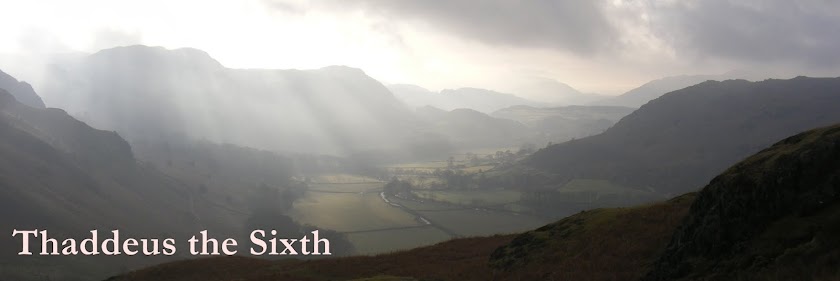This is the second
Honor Harrington book. Like the first, On Basilisk Station, it’s
currently available for free as an e-book, which is wallet-pleasing.
I generally liked the
first book. In certain aspects it was very good but it did sometimes
info-dump a bit.
The second retains all
the virtues of the first and diminishes or eliminates the flaws. The
author is very good at creating tension and prolonged space battles,
the longevity of which serves to heighten the sense of danger.
It’s even oddly
topical, with the choice of religious lunacy as an antagonistic
force.
Honor Harrington (HH),
freshly promoted after the previous book’s doings, is the military
lead on a Manticoran military-diplomatic taskforce to Grayson, a
potential new ally. The downside is that they’re very conservative
religious sorts who don’t think a woman capable of being a soldier
and her being the military chief could make signing a treaty
difficult. However, they are keen on allegiance with Manticore, due
to the threat posed by Masada, a nearby planet crammed full of
religious lunatics, who are also potential friends for the People’s
Republic of Haven, Manticore’s cold war style enemy.
The plot is simple in
broad scope but complex in detail, so I won’t go into it too
deeply. It’s very well-conceived, as HH and the diplomats try and
forge an alliance with a world that has a drastically different view
of society. Meanwhile, Masada and Haven seek to destroy any prospect
for such a partnership.
Whilst there’s a good
amount of backstory, it feels naturally presented. The author also
doesn’t fall into the trap of making the religious conservatives or
extremists into two-dimensional caricatures or scarcely credible
idiots.
The pace of the plot is
well-balanced: slow tension mixed with bouts of frantic action, and
leavened with just the right amount of ambiguity and uncertainty.
I don’t think it’s
necessary to have read the previous book, but it would help give a
little bit more background to the general universe (or Honorverse) as
well as specific characters. Mind you, as both this and the first
book are free, there’s little reason not to get them.
So, I would recommend
this if you’re into sci-fi, and even if you’re not I would
suggest giving it a look. Found it very entertaining myself,
particularly the latter half, and it’s well worth a look.
Thaddeus









